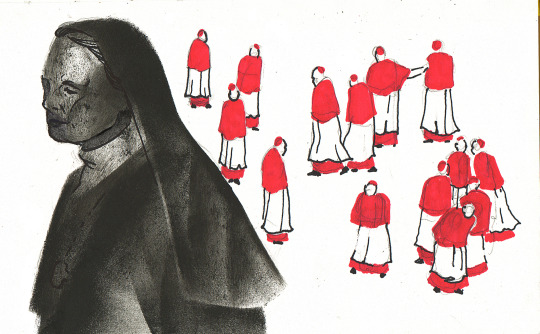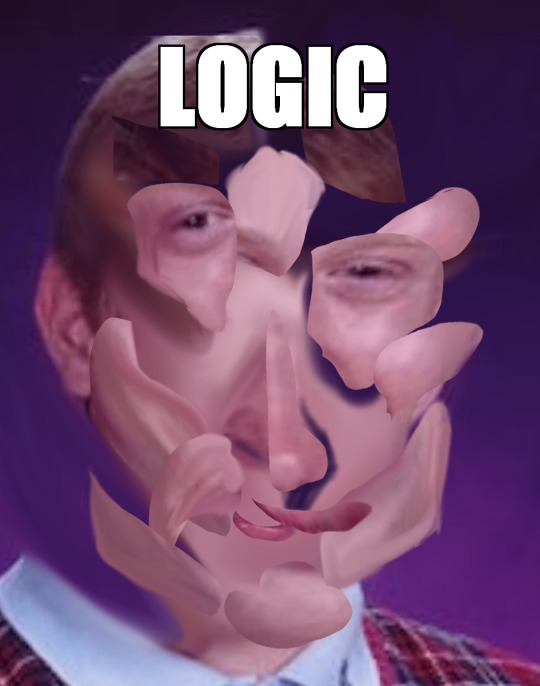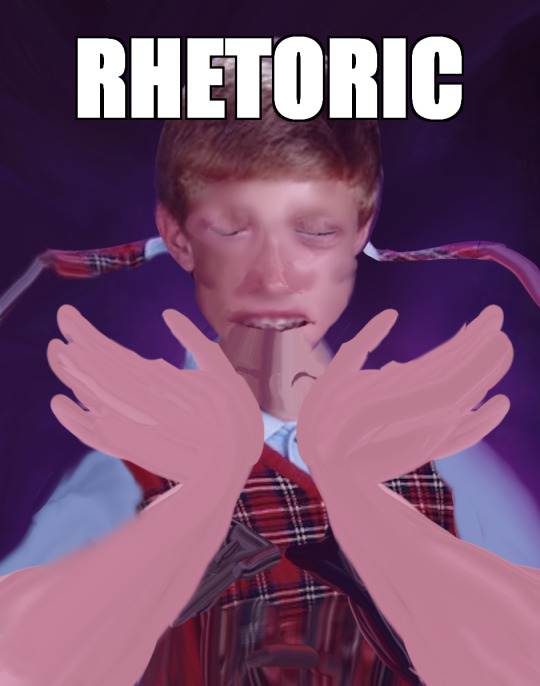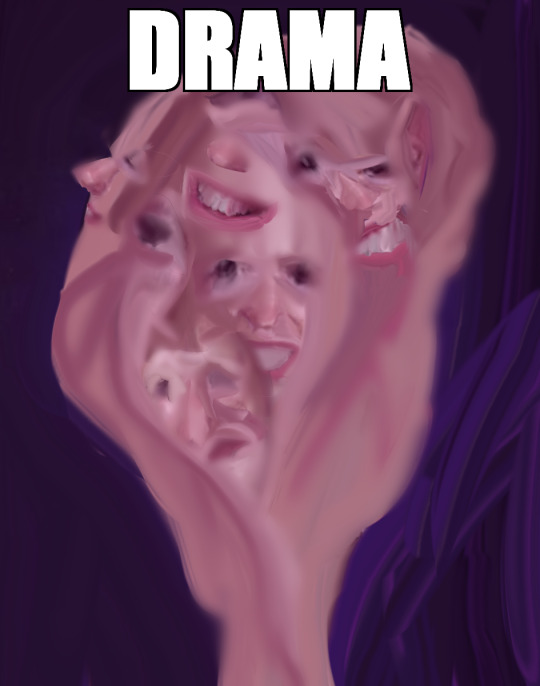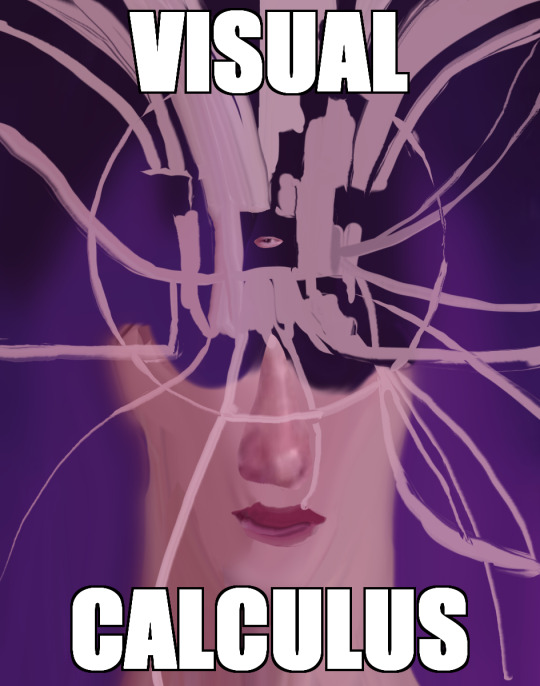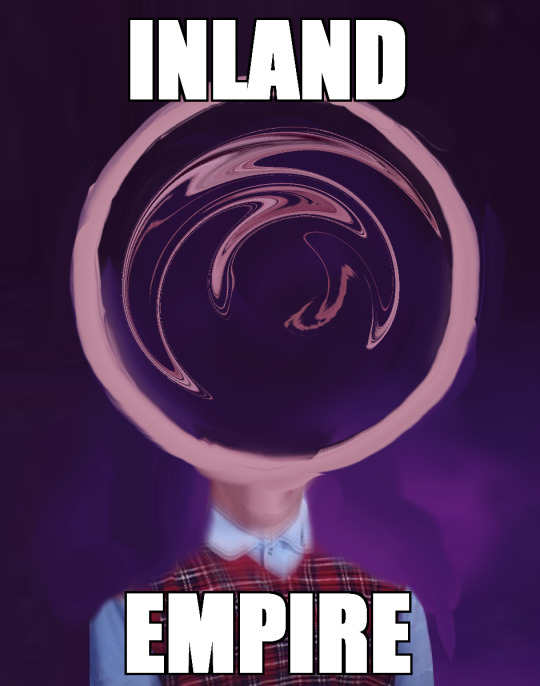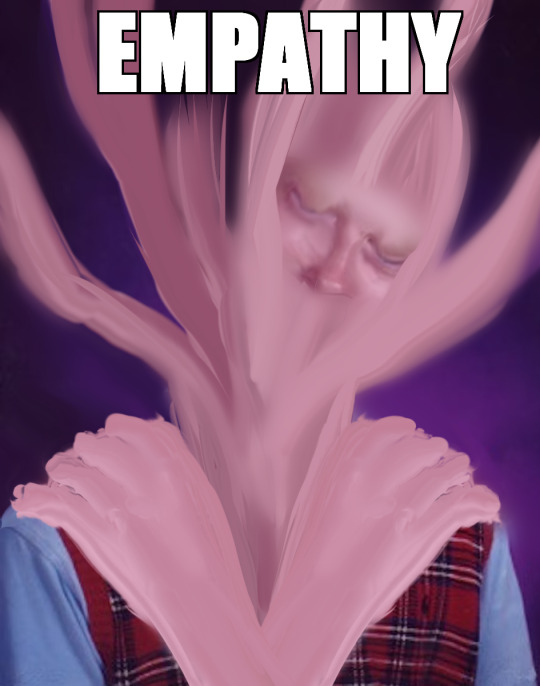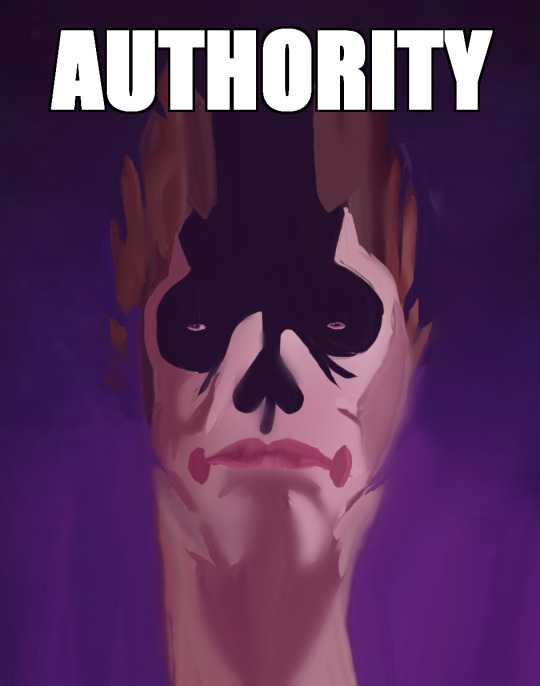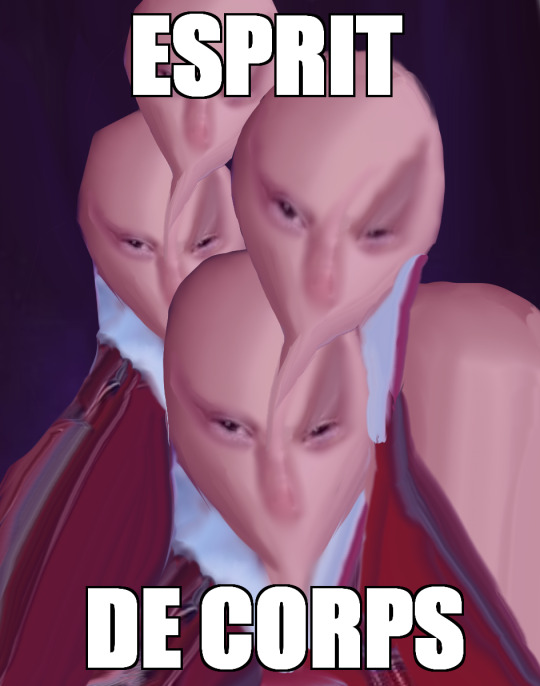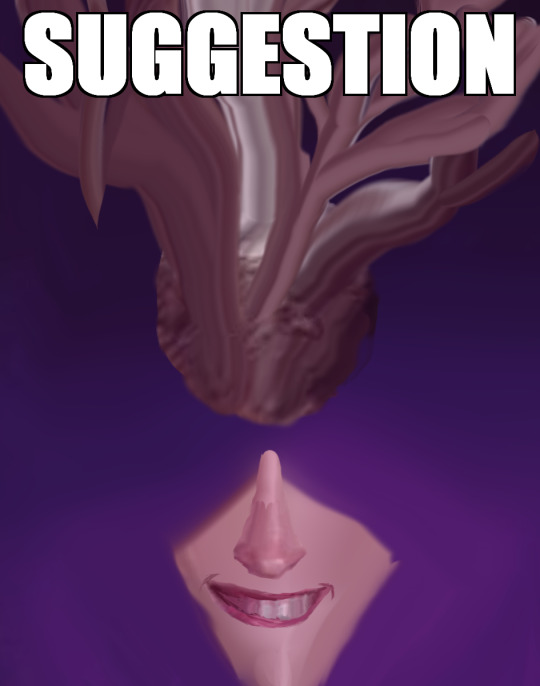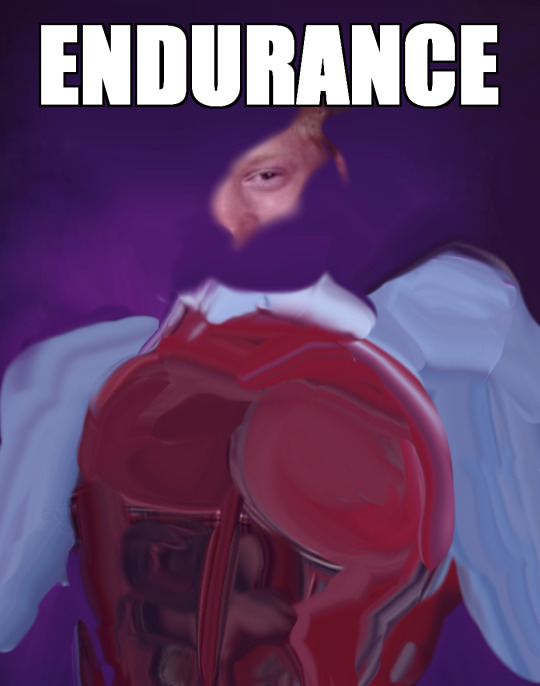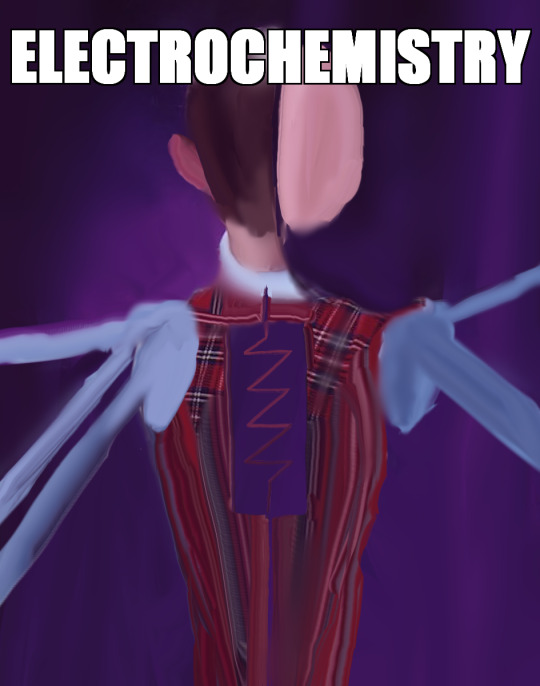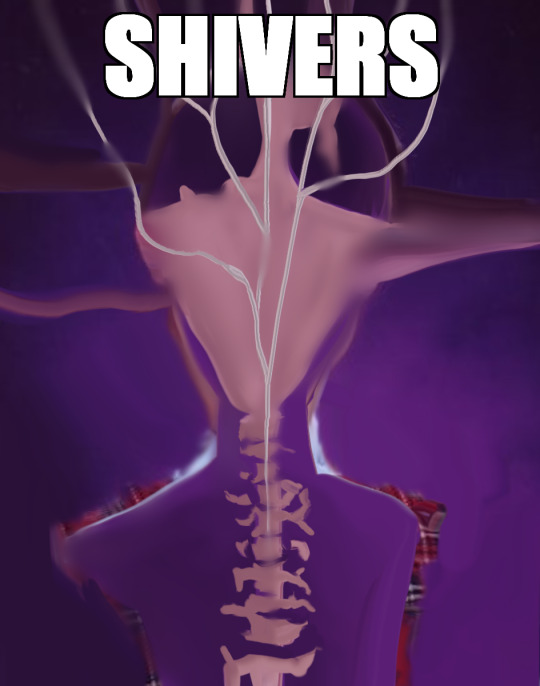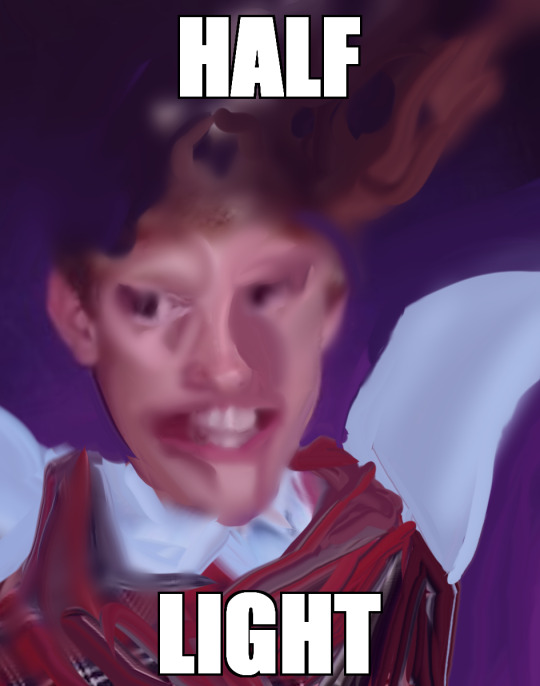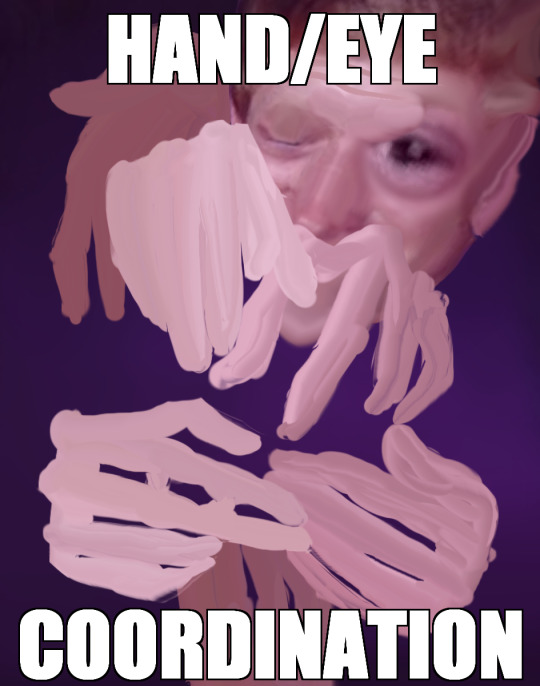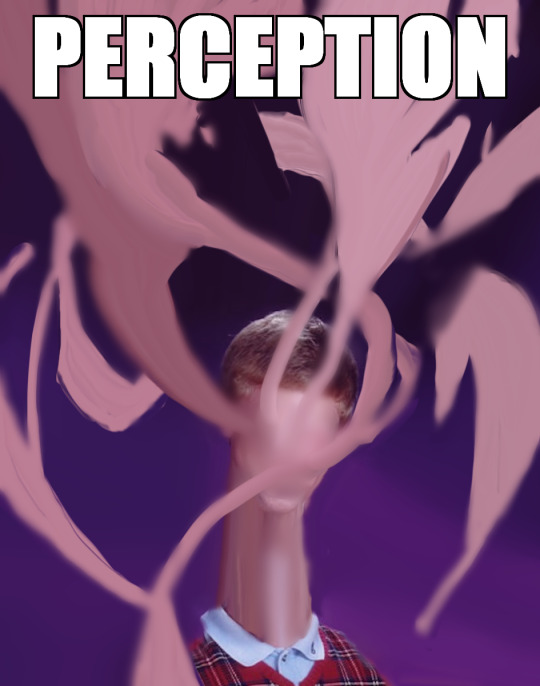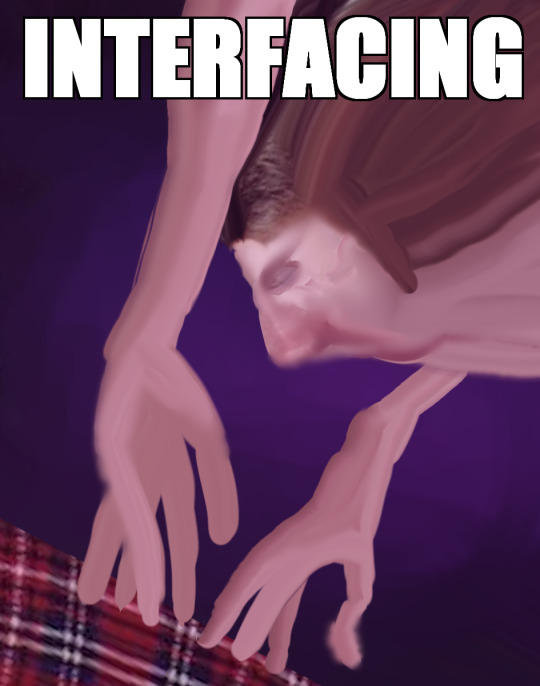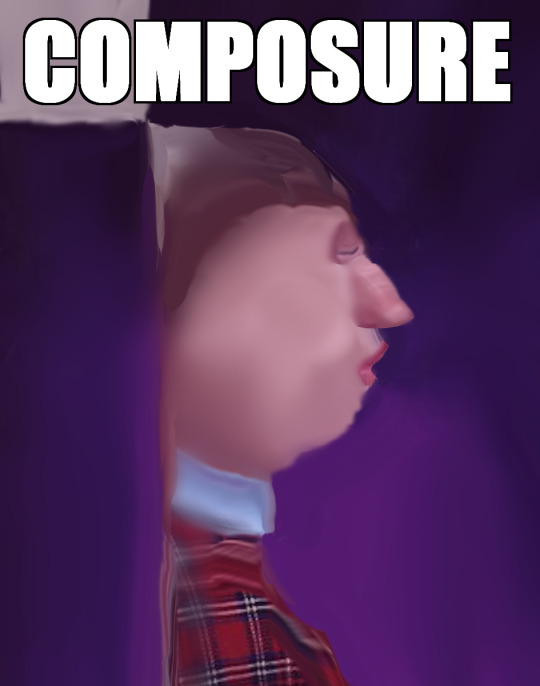finn/mike/julian, he/italterhuman, minor, audhdtma + scp + will woodI occasionally talk, ain't that great?icon by @hypnogogyc
Don't wanna be here? Send us removal request.
Text
Happy pride month to the fictional intersex pope and his suicidal bisexual boyfriend 🐢🏳️🌈

2K notes
·
View notes
Text
funniest bit in Conclave by far is Cardinal Vincent Benítez, the only normal person in a 5 mile radius, getting up in a room full of Cardinals and going, "you are all petty, mean and a bit weird, and inshallah I shall not return here ever again" and 118 cardinals were like damn, he's right, we can't let him escape
19K notes
·
View notes
Text
美国人拜托你们呀。请求把 elon musk 杀了 🙏🙏🥺😔😩🙏 美国人!拜托。拜托 !!! 杀死 elon musk. 你们到底记不记得那把枪。。?砰砰 ?你们最爱的游戏。。?美国人。。。拜托你们。😔🙏 你们真是忘了你国的土地公,美国队长:杀纳粹???美国人 !!我相信你们肯定能做到的 🥺🙏 拜托你们美国人。。
americans pleeease. please kill elon musk 🙏🙏🥺😔😩🙏 americans! please. Please !!! kill elon musk. don't you remember gun.. ? bang bang ? your favorite game..? Americans... please. 😔🙏 have you forgotten your local deity, captain america: kill nazis??? americans !! I know you can do it 🥺🙏 please americans..
150K notes
·
View notes
Text
please put emphasis on platonic soulmates in media. on unconditional love and loyalty based off of pure friendship. on heart wrenching breakups between best friends that change their lives. on knowing someone else better than they know themselves. on being a shining light for each other and finding happiness in the darkest places. on fighting side by side until the end, because a lover may visit your grave but your best friend will be in there with you
7K notes
·
View notes
Note
aspd culture (onset since young childhood) is wishing the community would talk more about how traumatic it is to grow up like this. not just because of what’s been done to us to make us this way but how traumatic it is to grow up antisocial. i have so much grief about it.
CW, for pwASPD, this may be upsetting to read.
Completely agree, like yes to get this disorder, we had trauma to begin with, but also growing up with ASPD is extremely traumatic itself. The earlier the antisocial traits come up, the more risk the child in question will spend their whole life ostracized and potentially hated for things they cannot control.
A child with antisocial traits appears (in my experience from discussions with prosocials about how they saw me when they met me) to have a similar “uncanny valley” impact that autistic people get. Somehow, it really feels like the second I met someone, they knew something I didn’t know about myself - saw something wrong with me I couldn’t see. I was told I was “weird” by people who didn’t know me - which is the autism - but also people I’d never met said they were scared of me. This sometimes continues into adulthood, or sometimes we get good enough at masking that people stop being able to tell. Regardless, there are almost always a number of years we deal with that, leading us to have less if any friends on top of what we’re already dealing with.
And that’s not all - we also have to deal with the symptoms themselves without having any idea what’s going on. Our brain has been convinced we can only trust ourselves and that everyone is out for only themselves and we can’t trust anyone fully. We grow up often without being able to let anyone but a close few in, if that. We grow up without the instincts or understanding of how and why other humans form these deep social connections and how they’re doing it safely but we can’t seem to be able to without getting hurt.
And humans, as pack animals, need to be around other humans and have close bonds to feel safe since in the wild we wouldn’t have been safe on our own. This means our hypervigilance from PTSD is often exponentially more intense because it is always on the high alert of a pack animal forced to live on its own. That can also strain any relationships with Exceptions if we have any because we may cling to them early on as our brain struggles to try and form the bonds it instinctually feels it needs to survive and protect itself with whatever “pack” it can manage to build. On top of that, any bonds our Exceptions make may feel like they are putting themselves in danger and we need to protect them. In some cases this will cause us extreme anxiety, in others it may lead to us engaging in toxic behaviors to try and isolate them to keep them safe, and in others still it may make us feel forced to abandon them or at least distance from them and lose one of our few close social bonds to protect ourself since we can’t protect them.
Also if the “switch flipped” (for those who had that experience) late enough that we were already in these social bonds, there may have been this sinking distrust of people we were already close to that we’d made some grave mistake trusting them, and closing off to the world like this can be terrifying because it’s a neurological difference - our development isn’t going the way it’s supposed to be and the gap between how our peers interact and see the world vs how we do just keeps getting wider.
And that’s not even all of it - I have an alter who had much less of the antisocial traits in childhood (no alter can have no symptoms of a neurological difference, but remember the reason ASPD can’t be diagnosed under 18 is that the brain has not been set in that development yet - in many ways this alter acted out the goals of a brain trying desperately to develop properly and outrun the closing of the period where I couldn’t socially develop that way), so I didn’t have to live like this all day every day until around 13. I’m sure for those that didn’t have that split but still had their brain attempting normal development, it was even more distressing and traumatic to feel that pull towards people at the same time as that push away from them.
On top of all of that, antisocial traits can worsen or create abuse for the child because the way they act offends authority figures and/or bullies, and this can put or leave us in harm’s way as they choose to actively target us or refuse to protect us the way they would other kids when someone else targets us. And then there’s the disciplinary action and deep cuts to self esteem if the child deals with the more violent symptoms - often, children engaging in those behaviors aren’t recognized as needing help. They’re either considered bad kids or products of bad parents and dismissed or actively berated by the people who could help them to understand what’s happening and do better.
If we ever do understand what’s happening because of getting help, sometimes the professional themselves is ableist and will take that ableism out on a child with antisocial traits.
By the time we accept what’s happening - whether we know what it is or not - we are very aware that our experience is different than the other kids. It’s not hard to see that they’ve been dealt a different - and from the outside, often seemingly better - hand than we have.
If we get diagnosed (or self diagnose) as an adult, now we get hit with the fact that this can’t be diagnosed until adulthood and why. Even when we thought we were stuck with this, apparently someone could have done something to get us back to normal development. Not everyone wants that, but for those of us that do there is so much grief at realizing how low the bar is to help a child process would-be PTSD so it doesn’t become PTSD and especially at how low the percentage of needs that need to be met to form a secure attachment style. Things could have been different. They should have been different. There was so much time and such a low bar to meet and instead we got this.
Having ASPD very often causes a lot of grief, and in return we’re often treated like monsters if we talk about it.
To be clear this is not exhaustive of the trauma growing up with ASPD causes - it is some of mine and some I’ve heard from others with ASPD speak about - but it also isn’t universal. Not every pwASPD has experienced every piece of what I’ve discussed here (for example I have not dealt with every one of these things, but I’ve dealt with a majority of it), what exact trauma they endure from growing up with ASPD involves many factors like what trauma caused it and how old they were when the traits started to show up etc.
Plain text below the cut:
CW, for pwASPD, this may be upsetting to read.
Completely agree, like yes to get this disorder, we had trauma to begin with, but also growing up with ASPD is extremely traumatic itself. The earlier the antisocial traits come up, the more risk the child in question will spend their whole life ostracized and potentially hated for things they cannot control.
A child with antisocial traits appears (in my experience from discussions with prosocials about how they saw me when they met me) to have a similar “uncanny valley” impact that autistic people get. Somehow, it really feels like the second I met someone, they knew something I didn’t know about myself - saw something wrong with me I couldn’t see. I was told I was “weird” by people who didn’t know me - which is the autism - but also people I’d never met said they were scared of me. This sometimes continues into adulthood, or sometimes we get good enough at masking that people stop being able to tell. Regardless, there are almost always a number of years we deal with that, leading us to have less if any friends on top of what we’re already dealing with.
And that’s not all - we also have to deal with the symptoms themselves without having any idea what’s going on. Our brain has been convinced we can only trust ourselves and that everyone is out for only themselves and we can’t trust anyone fully. We grow up often without being able to let anyone but a close few in, if that. We grow up without the instincts or understanding of how and why other humans form these deep social connections and how they’re doing it safely but we can’t seem to be able to without getting hurt.
And humans, as pack animals, need to be around other humans and have close bonds to feel safe since in the wild we wouldn’t have been safe on our own. This means our hypervigilance from PTSD is often exponentially more intense because it is always on the high alert of a pack animal forced to live on its own. That can also strain any relationships with Exceptions if we have any because we may cling to them early on as our brain struggles to try and form the bonds it instinctually feels it needs to survive and protect itself with whatever “pack” it can manage to build. On top of that, any bonds our Exceptions make may feel like they are putting themselves in danger and we need to protect them. In some cases this will cause us extreme anxiety, in others it may lead to us engaging in toxic behaviors to try and isolate them to keep them safe, and in others still it may make us feel forced to abandon them or at least distance from them and lose one of our few close social bonds to protect ourself since we can’t protect them.
Also if the “switch flipped” (for those who had that experience) late enough that we were already in these social bonds, there may have been this sinking distrust of people we were already close to that we’d made some grave mistake trusting them, and closing off to the world like this can be terrifying because it’s a neurological difference - our development isn’t going the way it’s supposed to be and the gap between how our peers interact and see the world vs how we do just keeps getting wider.
And that’s not even all of it - I have an alter who had much less of the antisocial traits in childhood (no alter can have no symptoms of a neurological difference, but remember the reason ASPD can’t be diagnosed under 18 is that the brain has not been set in that development yet - in many ways this alter acted out the goals of a brain trying desperately to develop properly and outrun the closing of the period where I couldn’t socially develop that way), so I didn’t have to live like this all day every day until around 13. I’m sure for those that didn’t have that split but still had their brain attempting normal development, it was even more distressing and traumatic to feel that pull towards people at the same time as that push away from them.
On top of all of that, antisocial traits can worsen or create abuse for the child because the way they act offends authority figures and/or bullies, and this can put or leave us in harm’s way as they choose to actively target us or refuse to protect us the way they would other kids when someone else targets us. And then there’s the disciplinary action and deep cuts to self esteem if the child deals with the more violent symptoms - often, children engaging in those behaviors aren’t recognized as needing help. They’re either considered bad kids or products of bad parents and dismissed or actively berated by the people who could help them to understand what’s happening and do better.
If we ever do understand what’s happening because of getting help, sometimes the professional themselves is ableist and will take that ableism out on a child with antisocial traits.
By the time we accept what’s happening - whether we know what it is or not - we are very aware that our experience is different than the other kids. It’s not hard to see that they’ve been dealt a different - and from the outside, often seemingly better - hand than we have.
If we get diagnosed (or self diagnose) as an adult, now we get hit with the fact that this can’t be diagnosed until adulthood and why. Even when we thought we were stuck with this, apparently someone could have done something to get us back to normal development. Not everyone wants that, but for those of us that do there is so much grief at realizing how low the bar is to help a child process would-be PTSD so it doesn’t become PTSD and especially at how low the percentage of needs that need to be met to form a secure attachment style. Things could have been different. They should have been different. There was so much time and such a low bar to meet and instead we got this.
Having ASPD very often causes a lot of grief, and in return we’re often treated like monsters if we talk about it.
To be clear this is not exhaustive of the trauma growing up with ASPD causes - it is some of mine and some I’ve heard from others with ASPD speak about - but it also isn’t universal. Not every pwASPD has experienced every piece of what I’ve discussed here (for example I have not dealt with every one of these things, but I’ve dealt with a majority of it), what exact trauma they endure from growing up with ASPD involves many factors like what trauma caused it and how old they were when the traits started to show up etc.
84 notes
·
View notes
Text
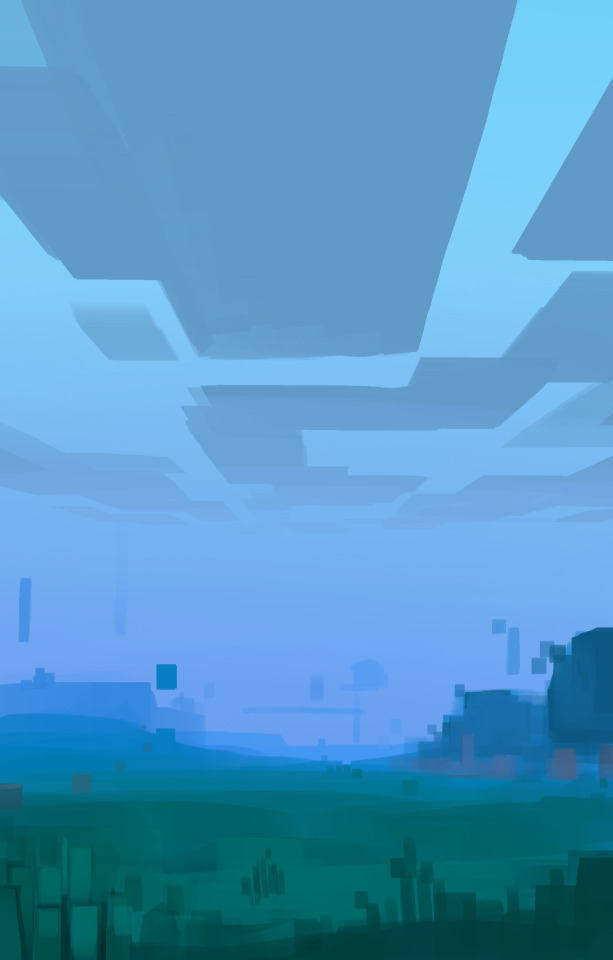


something something long dead minecraft servers evidence of a life once lived etc etc
7K notes
·
View notes
Text
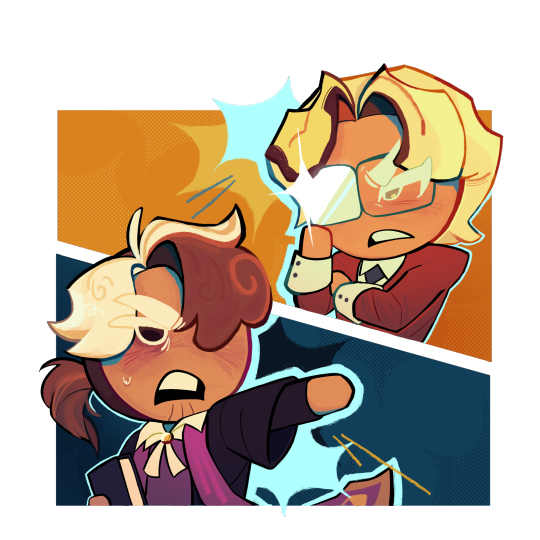
Uhhh cookie run charm design I made a while ago and never posted wooo look at them
498 notes
·
View notes
Text
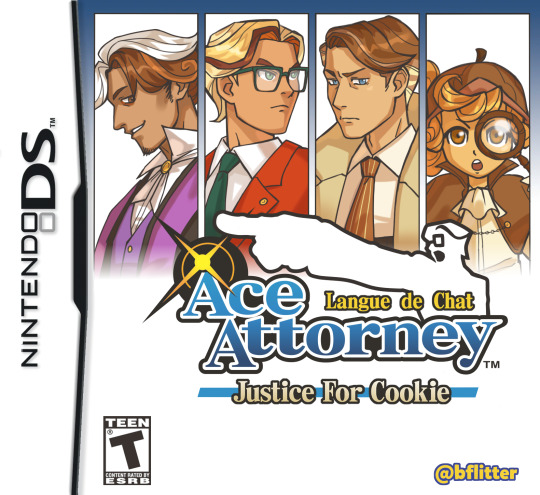
wanted to make this ever since i saw the update
1K notes
·
View notes
Text
having unprotected conversation can lead to interpretation
4K notes
·
View notes
Text

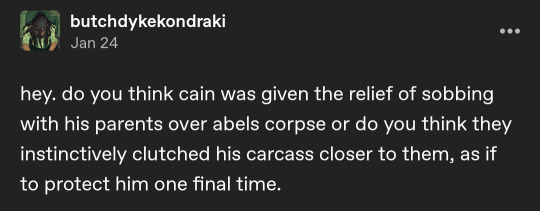


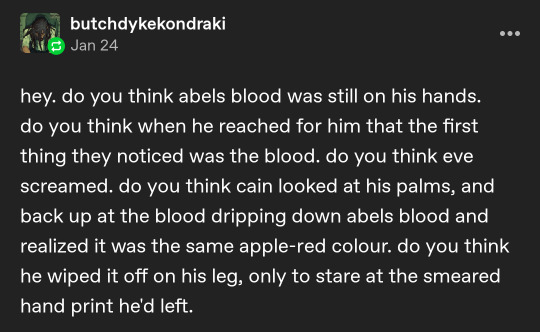

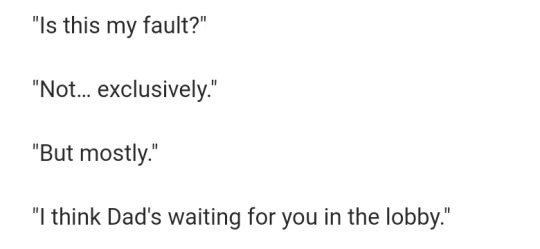


on being a "good brother"
@butchdykekondraki || you are the beginning - the family crest || a house in nebraska- ethel cain || cop car- mitski || goodbyes by anonymous on ao3
646 notes
·
View notes
Text





Cain and Abel
joseph telushkin // Cain and Abel, Orazio Riminaldi // Silvina Ocampo tr. by Jason Weiss, Inscriptions Cain Read in Abel’s Eyes // unknown // Famous Blue Raincoat, Leonard Cohen
1K notes
·
View notes
Text
ace of hearts
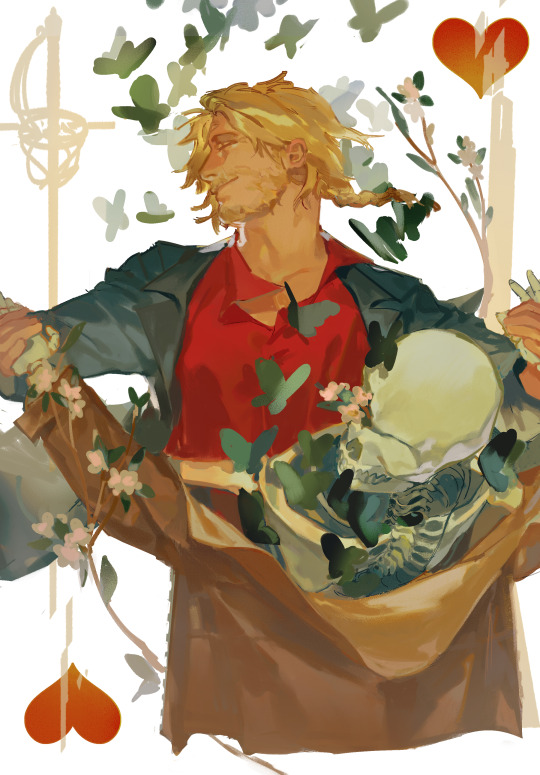
very very late but happy valentines day everyone!!! also !!!my birthday!!! im a birthday boy!!! ^_^
649 notes
·
View notes
